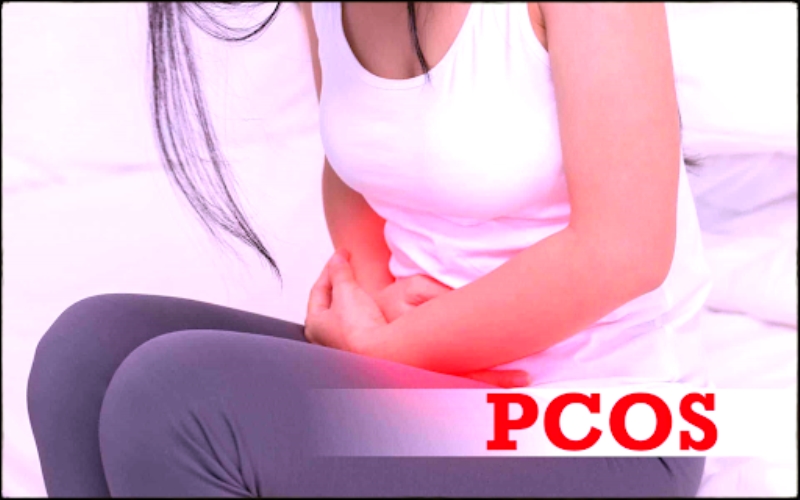
Polycystic ovarian syndrome is the most common cause of infertility. Women with this problem will not release eggs (anovulation). According to WHO, it affects about 8 to 13% of women of reproductive age. About 70% of women with PCOS will not come to the doctor for treatment. However it is important to understand the Pcos symptoms to address them at the earliest.
Understanding PCOS symptoms:
The PCOS symptoms are not common for all women. It differs from one person to another. The symptoms may also change over time. They might also occur without a clear trigger. Its symptoms are as follows.
- Changes in the menstrual cycle – Women can have lengthy menstrual cycles. The flow could be heavy at times.
- Some women can also have absent periods.
- Acne and oily skin
- Excessive hair on the face or body
- Male-pattern baldness
- Thinning of the hair
- Weight gain – common around the belly
- Thick and dark skin patches. It generally forms on the back of the neck and armpits.
- Infertility
- Anxiety and depression.
Types of PCOS:
There are four main types of PCOS. Most of them are not chronic conditions. By taking adequate health measures, it is possible to cure PCOS over time. Its types are as follows.
1. Insulin-resistant PCOS:
This is the most common type of PCOS. It occurs because of high insulin levels in the body. Over time, the cells and the muscles in the body will become weak. It is because they stop responding to insulin. This elevates the blood sugar levels. Insulin will also be higher in the body. This will trigger the androgen production. Androgens are male hormones. When there are excess levels in the blood, it causes symptoms like facial hair, baldness, etc.
2. Inflammatory PCOS:
Inflammation is the cause of this type of PCOS. Inflammation on the ovaries will avoid the maturation of eggs. This will also imbalance the level of hormones in the body. Stress is the common reason for inflammatory PCOS.
2. Post Pill PCOS:
Women who are using contraceptive pills will get post-pill PCOS. This will generally happen if they stop using the tablets. The ovaries will start to produce more androgens, which leads to PCOS symptoms. Common post-pill PCOS symptoms are excess growth of hair, irregular periods, and acne.
3. Adrenal PCOS:
Women should follow a healthy lifestyle to avoid adrenal PCOS. They should avoid stress and get enough sleep. They can also take Magnesium supplements. This will help them to relax their mind.
FAQ
What conditions can women with PCOS get?
Women with PCOS are most likely to develop type 2 diabetes. They can also get high blood pressure. Problems of the heart and cancers of the uterus are also its complications.
Treating PCOS:
The treatment of poly cystic ovaries depends on,
- the age of the woman,
- the PCOS symptoms,
- and the overall health condition.
If you are planning to get pregnant with PCOS,
- Change the food habit – This helps to lose weight. Women will also find changes in their symptoms. It also helps the body to use insulin better. There will be low glucose in the blood
- Medicines will help egg production in the ovaries.
If you are not planning to get pregnant,
- Birth Control pills – These medicines will keep the menstrual cycle under control. It will also lower the androgen levels. They will also reduce acne.
- Diabetes medication – It helps to lower the level of insulin resistance. This will also reduce androgen levels and help ovulate regularly.
- Changes in diet and activity.
Bottom Line:
We hope you understand the types and symptoms of PCOS. If you are planning to then you should get treatment from a fertility specialist. PCOS symptoms will go away only with proper treatment.
